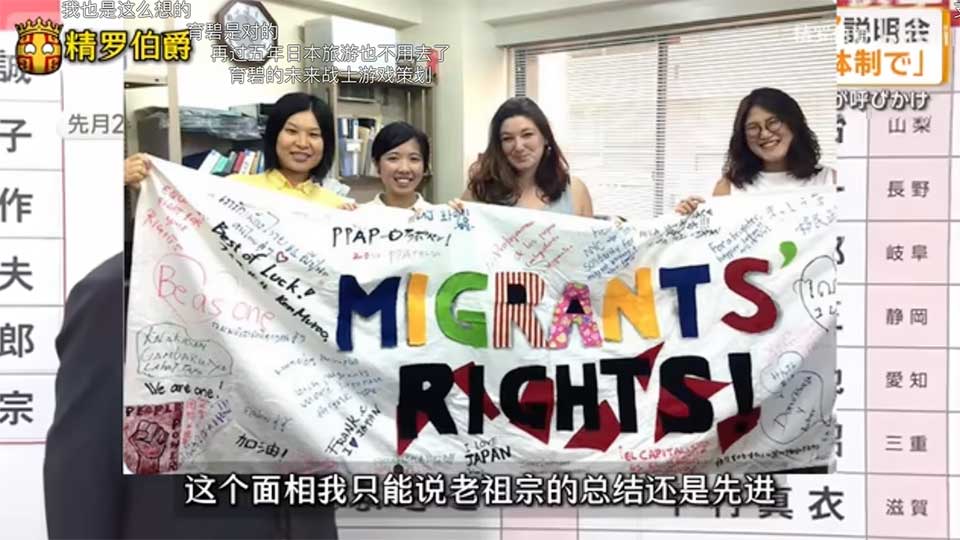
When Tokyo announced it would welcome African migrants to revive depopulated towns, many Chinese online reacted with scorn.
Japan announced plans to bring in African migrants through a “special talent visa program” unveiled at the 9th Tokyo International Conference on African Development. The initiative designates four Japanese cities—Kisarazu in Chiba, Nagai in Yamagata, Sanjo in Niigata, and Imabari in Ehime—as “second hometowns” for migrants from Nigeria, Tanzania, Ghana, and Mozambique, in a bid to address labor shortages and population decline.
A Bilibili commentator cited Japanese citizens’ concerns that the policy would make Japan resemble Europe, where immigration has sometimes been linked to social unrest. They argued that ordinary people would bear the social and cultural costs, while political elites reaped the benefits. “Even Europe, with centuries of cultural exchange, has struggled with integration. For East Asia’s more homogeneous societies, the backlash and risks could be even greater,” the commentator said.
https://www.bilibili.com/video/BV13PhSzXEqz/?t=6&spm_id_from=333.1007.tianma.1-1-1.click&vd_source=39ea483caa3b97c4d44e50f3393271e6The video went further, suggesting that the policy was essentially aimed at encouraging interracial marriages between African men and Japanese women, quipping that Japan was “ahead of its time” and true to the spirit of having once created the fictional “Black Samurai.”
The comment struck a nerve with Chinese viewers because it pointed to a looming dilemma for China itself: with plummeting fertility rates, Japan’s immigration experiment may foreshadow choices China will also face.
To underscore the point, the commentator compared Japan to South Korea, where fertility hit a record low in 2023 but rebounded in early 2024 thanks to sweeping workplace reforms and generous family-support policies, including free childcare, strict limits on overtime, and substantial cash bonuses for new parents. Still, they noted, the financial burden of such programs makes sustainability uncertain.
Why is this important? The online backlash reveals more than just schadenfreude at Japan’s demographic woes. It touches on a raw nerve in China itself: widespread taboos around Chinese women marrying foreigners—particularly Africans—combined with deeply negative stereotypes of Guangzhou’s long-settled African community. The reaction underscores a paradox: even as Beijing pushes aggressively into African markets and celebrates “China–Africa friendship” at the diplomatic level, many Chinese citizens still view intimate, everyday ties with Africans as shameful or polluting.
This tension exposes a distorted psychology: expansionist confidence abroad paired with cultural anxiety at home, where falling birthrates could one day force China to confront the very same immigration dilemmas it now mocks Japan for.









